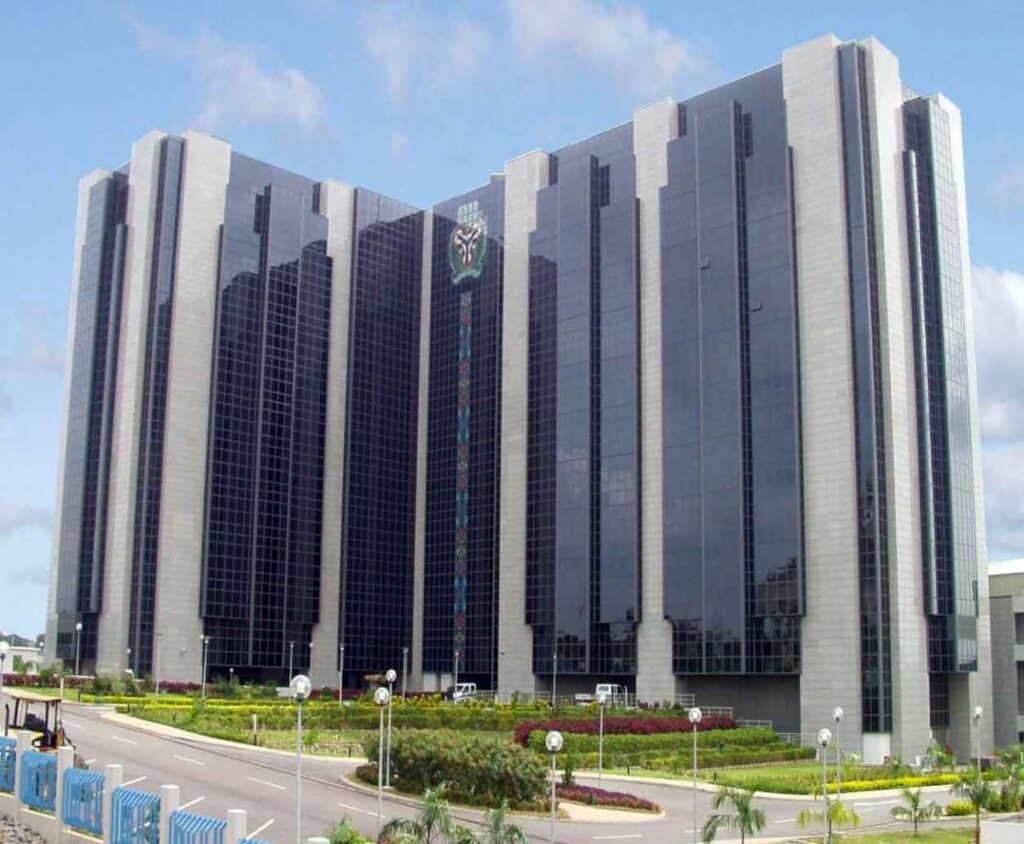
The Central Bank of Nigeria (CBN) has directed Microfinance Banks (MfBs), Development Finance Institutions (DFIs), Primary Mortgage Banks (PMBs) and Finance Companies (FCs) in the country, to ensure that from the 2021 financial year, their Annual Financial Statements (AFS) are prepared, “in accordance and in full compliance” with International Financial Reporting Standards(IFRS).
The apex bank, which stated this in a circular to Other Financial Institutions (OFIs), posted on its website yesterday, said that its Other Financial Institutions Supervision Department would no longer accept AFS that are not in compliance with IFRS, adding that “the submission of AFS not in compliance with IFRS shall be regarded as non- submission and appropriate penalties imposed thereon.” The circular, which was signed by the Director, Other Financial Institutions Supervision Department, at CBN, Nkiru Aseigbu, however, stated that OFIs that are just adopting the IFRS for the first time should comply fully with IFRS 1.
CBN noted that on July 28, 2010, the Federal Executive Council (FEC) approved January 1 2012 as the effective date for adoption of International Financial Reporting Standards (IFRS standards) in Nigeria. It said that due to some implementation challenges such as dearth of required skills by reporting entities and their external auditors, some concessions were granted to some entities to delay adoption of the standards. IFRS are a set of international accounting standards stating how particular types of transactions and other events should be reported in financial statements.

In a February 2019 report in the New Telegraph, the CBN announced that it is extending by four years, the timeline for deposit money banks (DMBs) to implement IFRS9. IFRS 9 requires DMBs to have enough capital to cover existing losses and potential future losses. Meanwhile, CBN has issued guidelines to guide the Advisory Committees of Experts (ACE) of Non-Interest Financial Institutions(NIFIs) in supervising and monitoring the disposal of Non-Permissible Income (NPI) by the institutions. In a circular to NIFIs posted on its website yesterday, the apex bank described Non-Permissible Income as “any income that accrues to the institution in a Shari’ah non-compliant manner, such as interest income, penalties for delayed payment of debt obligations, or any income declared by the ACE of the institution as impermissible according to the Shari’ah.” According to the circular, the guidelines to guide the ACE of Non- Interest Banks (NIB) in supervising and monitoring the disposal of NPI by the institutions, include general rules such as that the Non-Permissible Income is not an object of ownership of the NIB and does not confer any ownership rights on it; the NPI will be put in a dedicated NPI account and must not be commingled with the funds of the NIB and the NIB is under obligation to dispose of any NPI that accrues to it.

